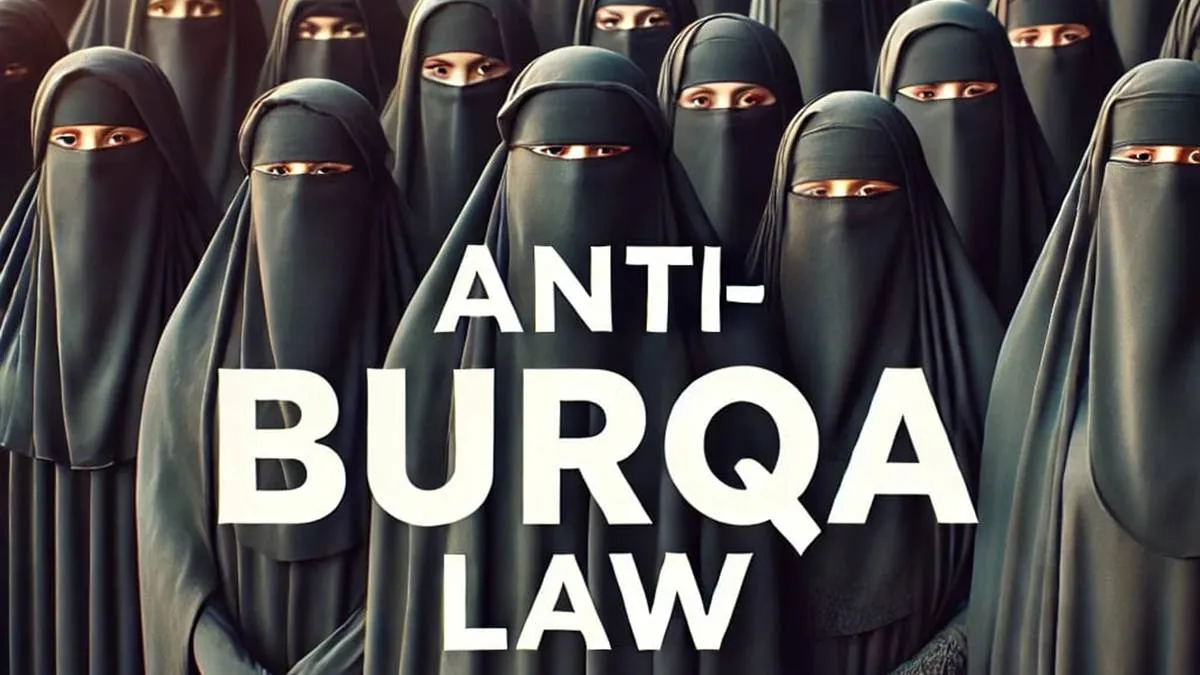- By Kamakshi Bishnoi
- Thu, 02 Jan 2025 07:22 PM (IST)
- Source:JND
Burqa Ban: Switzerland has implemented its 'anti-burqa' law, officially known as the face-covering ban, from January 1, 2025. The law bans wearing of burqa, hijab (headscarf) or any other face covering in public places. The ban on burqa and face coverings was approved by the lower house of Parliament in September 2023, and it came into effect this year. Under the new law, the violators of burqa ban will face a fine of 1000 francs (USD 1101).
Burqa Ban In Switzerland
The Swiss People's Party (SVP), a right-wing political group, took the initiative for this ban. On March 7, 2021, the proposal was approved with approximate 51 per cent votes in favour. Earlier in 2013, the first prohibition of face coverings in public was done by the canton of Ticino, and later by St Gallen in 2018.
ALSO READ: New Orleans Citizens Traded Guns Hours Before Deadly Truck Attack That Killed 15; Here's Why
Arguments Against And For Burqa Ban
The law has faced widespread opposition as it is viewed as discrimination against Muslim women who consider the burqa an expression of their religious beliefs. The arguments focus on the importance of individual freedom and voice concerns over the increased societal divisions.
The supporters of the ban consider burqa and niqab symbols of female oppression. They have also argued that face covering poses security concerns and delay in social interactions. The supporters believe the ban upholds Swiss values of openness and transparency.
Face Covering Ban: Exceptions Allowed
The legislation banning covering of face includes certain exceptions, which are:
Safety and Health: Necessary face coverings for medical purposes or occupational safety are permitted.
Religious Places: One can use face coverings at religious or other sacred locations.
Traditional Customs: Exception has been made for face coverings worn as part of indigenous traditions.
Weather: Face coverings are permitted for protection against extreme weather conditions.
Artistic and Advertising Purposes: Coverings used during artistic performances and promotional activities are allowed.
On a prior approval from authorities, face coverings for personal protection during the exercise of freedom of expression and assembly may be permitted.
European Nations Which Banned Burqa
Before Switzerland, several European nations, including France, Belgium, Austria, Bulgaria and Denmark, have imposed a ban on burqa in public places. Spain, Italy, and the Netherlands have also imposed partial bans. There have been significant debates between advocates of the legislation and human rights organisations. The burqa ban has been opposed as people believe that it violates personal freedom and stigmatises Islamic communities.
